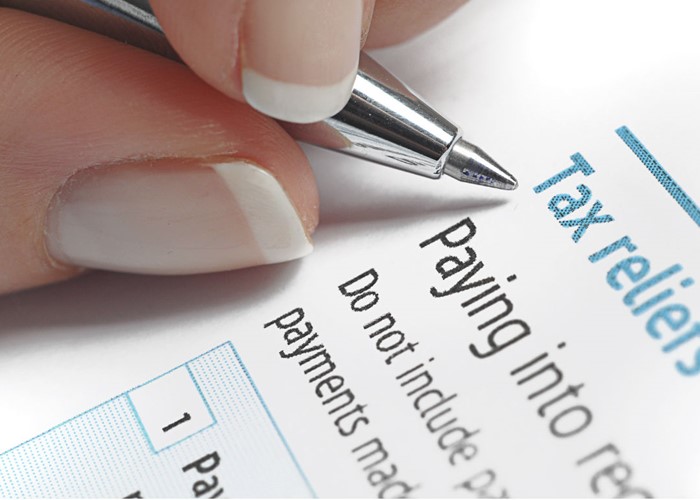The truth about small print

Robert Powell hits the streets to find out what you think about small print...
Misleading and unclear contracts cost us billions of pounds every year.
And what’s worse is this is money that could be easily saved if we all just read the small print before we signed anything.
But are we really a nation of skim readers when it comes to contracts? Or is it time that companies cut out the small print once and for all?
I’ve hit the streets to find out...
Do you always read the small print in a contract?
Most of the people I’ve spoken to today say they don't usually read all of the small print in any detail before they sign a contract.
And a recent report from the Office of Fair Trading shows similar results – out of 4,000 people surveyed by the OFT, only 20% said they read small print in detail before signing a contract.
The report also revealed that one in five people had experienced problems with contracts in the past year.
Young people were especially likely to be caught out by small print, as were people with higher incomes and those in higher social classes.
Robert Powell hits the streets to find out what you think about small print
What companies are the worst for unclear small print?
The OFT identified telecoms and internet access as the two types of contracts which caused the most problems.
Purchases made over the telephone were also more likely to result in a dispute than those made in person or online.
Despite the name, the report concluded that most small print wasn’t actually written in a font that was too small to read.
In fact, the type of paper a contract is printed on was identified as a more important factor than the text size. Apparently the thinner the paper, the less likely you are to read the agreement in detail!
If you don’t read the small print, do you deserve to get ripped off?
Most of the people I've spoken to today said you didn't really deserve to get ripped off if you don't read the small print.
And while the OFT have promised to crack down on misleading and unclear contracts – they did also say they couldn’t completely outlaw small print.
The report didn’t name and shame any companies but it did give examples of unacceptable small print practices.
These include unexpected restriction clauses such as football season tickets that did not guarantee a seat and obstructions to consumer switching such as expensive cancellation fees in gyms.
Of course the best way to avoid any nasty small print surprises is just to make sure you read any contract in full and in detail before signing it.
Let us know about any small print nightmares you've had by posting in the comment boxes below.
More: Say goodbye to sneaky card charges | The four worst car scams | Watch out for this council tax scam
Comments
Be the first to comment
Do you want to comment on this article? You need to be signed in for this feature